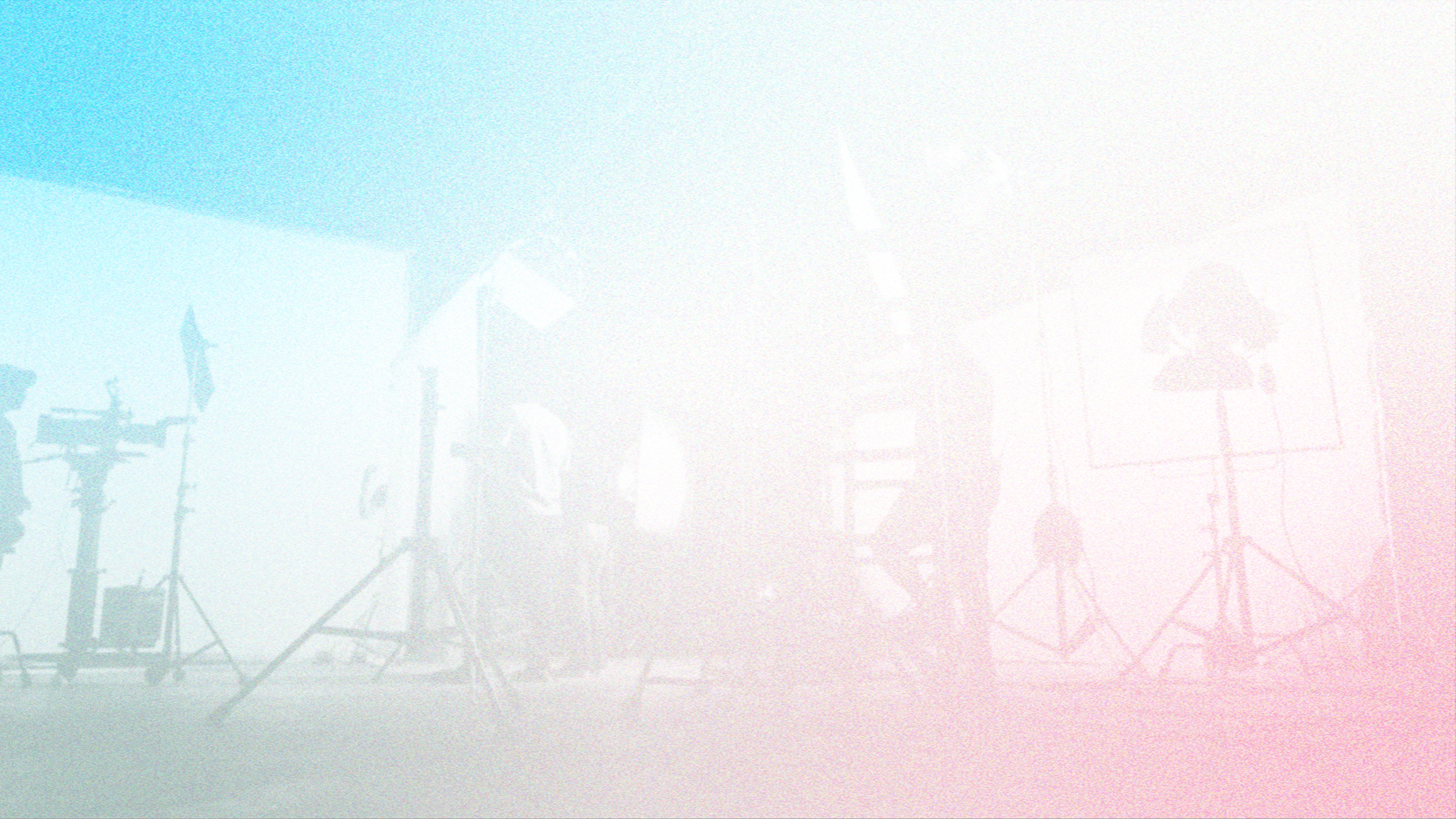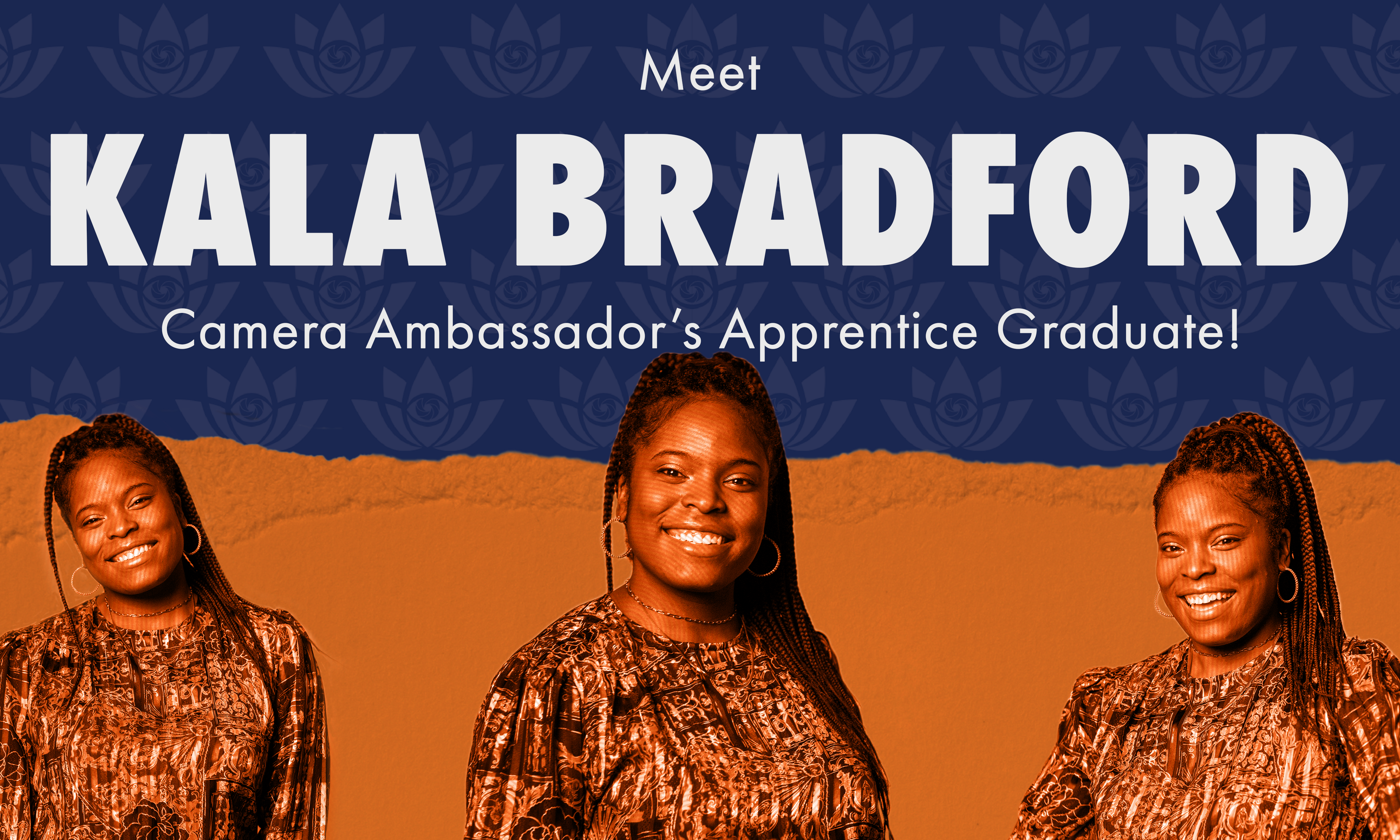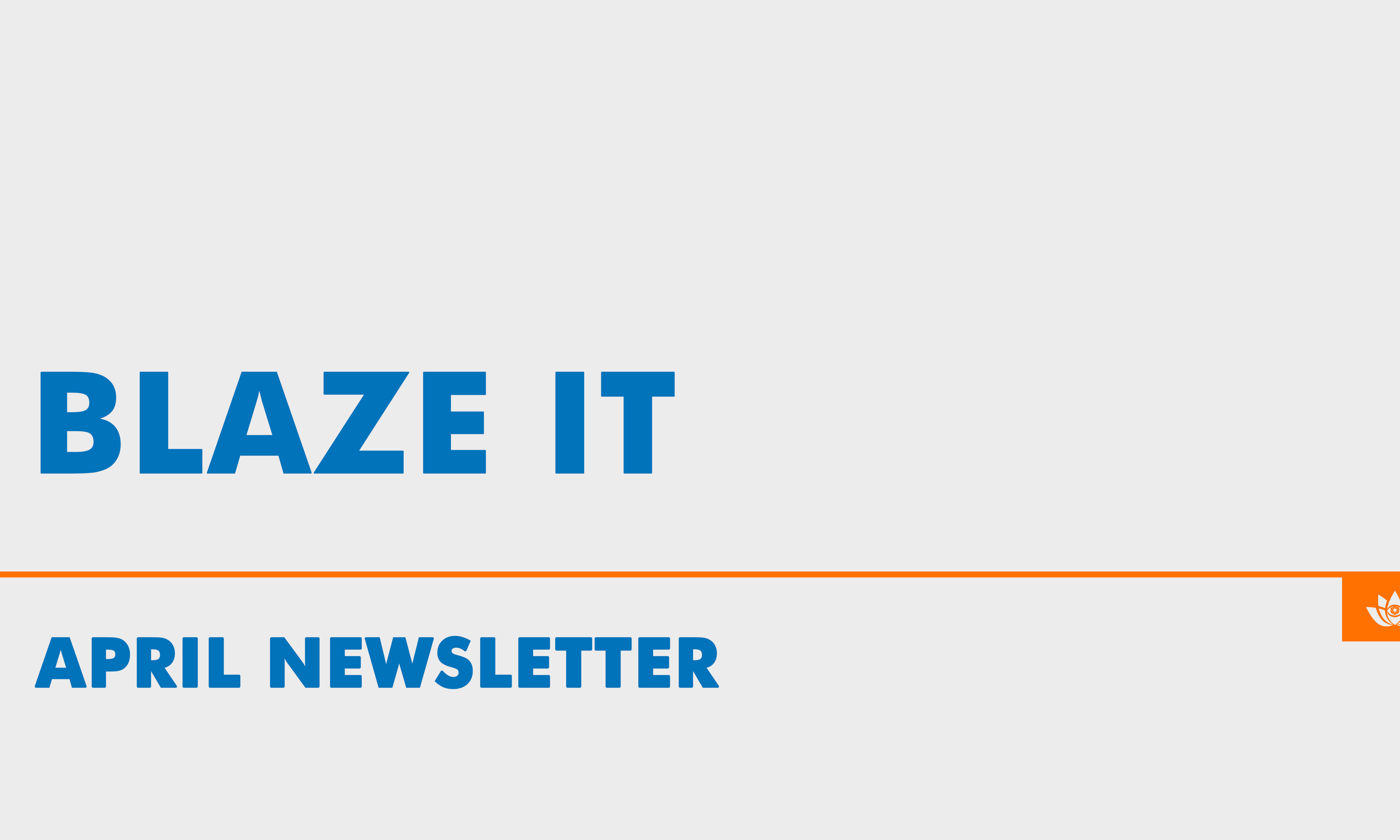
1. Introduce Yourselves with Name and Pronouns.
Pronouns are not only a way in which we refer to ourselves, but are also key identifiers of how we’d like to be viewed by the world. So, to avoid assuming other folks’ identities, consider allowing everyone to introduce themselves with their names and pronouns on day one. Stick that information on your call sheets! Update your email signatures! Make name tags! Do all the little things you can think of to encourage everyone to feel safe and empowered to freely represent themselves.
2. Cast Trans Talent in Trans Roles!
In Hollywood, there’s a long-standing history of having cis men play trans women and cis women play trans men. This practice can be incredibly distressing for trans audiences. As GLAAD puts it: “when a cis man playing a trans woman takes off the wig and dress, it sends the message that all trans women are wearing costumes and are ‘still men’”. Moreover, there are so many amazing transgender talents in Chicago (and beyond!) that are professionally trained and eager to join your cast!
For resources on casting trans actors, check out Paonessa Talent Agency’s Trans/Queer Section, utilize specialized Facebook Groups such as the Trans Actors Guild, or seek out the help of trans-advocacy groups such as the Transgender Film Center or the GLAAD Media Institute.
3. Thanks, Internalize, and Move On.
While you should try not to, it’s possible that you might accidentally misgender someone. After all, everyone makes mistakes. It’s important to remember that, when misgendering someone, the worst thing you could do is apologize profusely and center yourself in the situation. Whether the affected party lets you know in private or if a colleague reminds you in public, try thanking whoever kept you accountable, internalizing that you’ll do better next time, and moving on.
4. Create an Accountability System.
There are inherently power structures in place on film sets. While these hierarchies are helpful in facilitating a smooth workflow, trans creatives may sometimes feel uncomfortable in suggesting improvements or reporting harassment in fear of appearing “difficult” or “disruptive”. Whether you end up hiring an outside accountability and education consultant, cultivating a space to check in with one another on morning meetings, or some other measure, putting accountability systems in place can be extraordinarily helpful.
Filmmakers Mary Tilden and Leah Raidt talk more about creating sustainable systems on their own set on a blog post we did about their film Rough River Lake a couple of months ago - I’d definitely recommend giving that a read!
5. Educate Yourself.
In this fight for equality, it’s important to not place the weight of activist work on trans folks themselves. Instead, the best thing you can do as an ally is to educate yourself on trans issues and history. After all, most questions about trans people can be understood through a quick Google search. By countering your own internal prejudices and ignorance, you can then advocate from a place of empathy and understanding.
Thanks so much for giving this resource a read! I hope that this resource has been helpful.
You can follow me on Instagram (@ReyTangerine) or follow me on my website!
Happy Transgender Day of Visibility, y’all!
Further Reading
On Terms Used By Transgender Communities: https://vaden.stanford.edu/health-resources/lgbtqia-health/transgender-health/glossary-terms-related-transgender-communities
On Trans Representation in Film: https://www.glaad.org/transformhollywood
On Tips for Becoming a Trans Ally: https://www.glaad.org/transgender/allies
On Misgendering: https://www.health.harvard.edu/blog/misgendering-what-it-is-and-why-it-matters-202107232553#:~:text=The%20best%20way%20to%20handle,try%20not%20to%20be%20defensive.
On Pronouns: https://www.edi.nih.gov/blog/communities/what-are-gender-pronouns-why-do-they-matter
On the Recent Anti-Trans Bills Sweeping the Nation: https://www.them.us/story/anti-lgbtq-bills-2022-explained-trans-sports-laws-youth-healthcare-mandated-reporter



